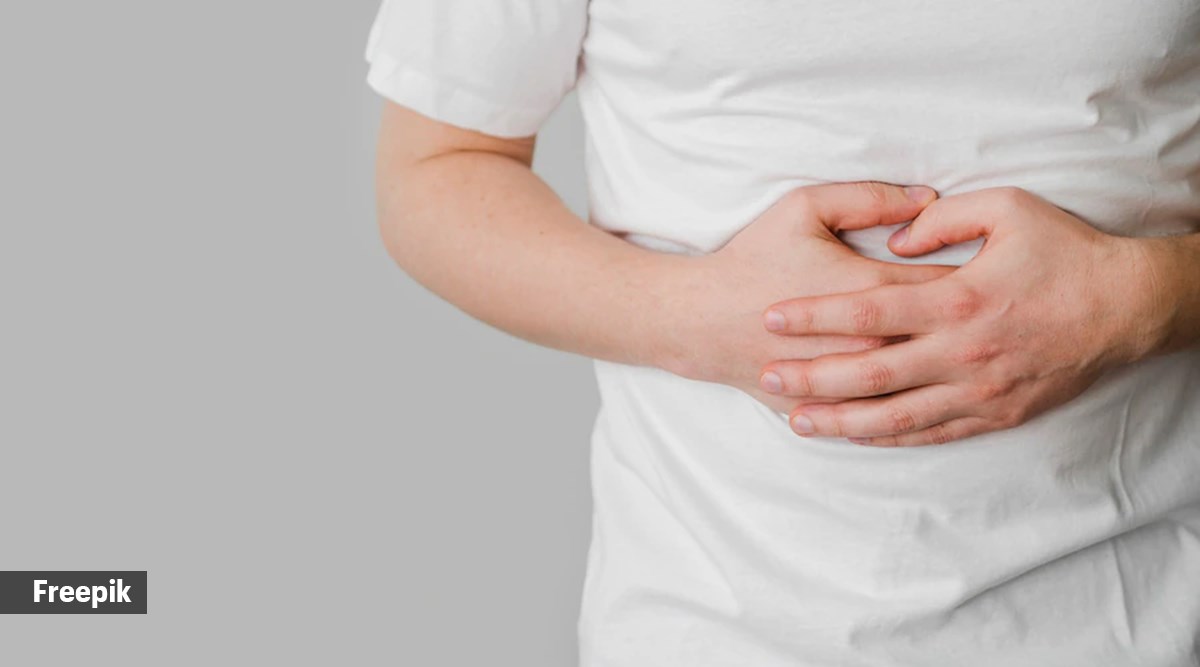Monsoon rain & stomach infection: How to know you are dehydrated? When do you need to rush to hospital? - The Indian Express

Just like many of us, a 30-year-old woman, who had loose motions after eating out, decided to take rest at home and recuperate. She thought she would get better on her own. She knew that she had to hydrate herself but unfortunately, she couldn't drink as much water as she was passing out and ended up in a hospital severely dehydrated.
"She had severe dehydration, and her kidneys were shot. She had to be admitted to the hospital and given IV fluids. With any gastrointestinal disease, dehydration is the most common complication that usually brings people to the hospital," says Dr Atul Gogia, senior consultant of internal medicine at Sir Ganga Ram hospital, Delhi. While it is alright to stay at home and recover, Dr Gogia says that it is essential for people to keep an eye out for the red flags and seek help before such complications occur.
While she is doing well after the treatment, doctors say that one shouldn't stay at home when they see these red flags or self-medicate with antibiotics.
So, when should you go to a doctor?
Gastrointestinal diseases such as typhoid and gastroenteritis most commonly lead to diarrhoea and vomiting, which result in loss of fluids from the body. If a person isn't able to keep water and other hydrating fluids — coconut water, lemon water, buttermilk, or ORS — it could lead to severe dehydration and imbalance of salts in the body.
Doctors say that a person with gastrointestinal infections should definitely see a doctor if they are passing stools or vomiting excessively — more than 10 to 20 times a day. "It is okay to wait and watch the symptoms at home for a couple of days. However, if the diarrhoea and vomiting do not subside after that, a person needs to go to a doctor to get the proper antibiotics," says Dr Gogia.
"However, if a person is vomitting or has to relieve himself more than 10 to 20 times in a day, they are unlikely to be able to maintain proper hydration at home. They should visit a doctor immediately," he adds.
To the list of red flags, Dr Rommel Tickoo, director of internal medicine at Max hospital-Saket, New Delhi, adds: "A person should go to a doctor if they are extremely weak, like they cannot get out of bed." He says that if the person is unable to keep down water or oral medicines, then they should rush to a hospital. A person who is not passing urine should also be rushed to a hospital as it suggests that their kidneys may have been affected. "Cases of severe dehydration result in acute kidney failure. It is reversible when the person is given IV fluids and antibiotics, but why wait for it to get that bad?" Dr Tickoo says people should be mindful of their symptoms and reach a doctor early.
Advertisement
Both the doctors also suggest not waiting more than two days to see a doctor.
What medicines should I take?
With the arrival of monsoon, there has been an increase in the number of cases of typhoid and gastroenteritis — Delhi doctors have reported an increase of 20 to 30 per cent in the number of cases in their clinics over the ten previous days. While these infections are also seen during the summer months — people end up drinking not-so-safe water during the hot days — there is a definite increase every monsoon with the rains leading to water contamination and consequently the spread of gastrointestinal infections.
While most of the infections are bacterial, viruses can also cause GI symptoms. "If it is a viral infection, no medicines are needed. The person can recover on their own by taking rest and maintaining hydration. But, for infections like typhoid, proper medication is necessary," says Dr Tickoo. He urges people not to self-medicate with antibiotics as it could lead to antibiotic resistant bugs coming up. He says, after the two day wait, people should see a doctor and get the proper antibiotic required.
Comments
Post a Comment